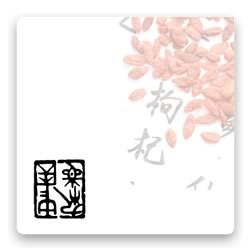We use cookies to make your experience better. To comply with the new e-Privacy directive, we need to ask for your consent to set the cookies. Learn more.
Acupuncture Treatment of Pi Disease in the Shang Han Lun
Did you know?
For the cost of 5 articles (students) or 10 articles (practitioners) you can buy a year's access to the entire Journal of Chinese Medicine article archive.
£4.00
VAT Exempt
In stock
SKU
JCM119-17
As defined in the Shang Hang Lun (Discussion on Cold Damage), pi (痞, glomus) refers to a condition characterised by distention or fullness, pain and/or other discomfort in the stomach and chest region. There are 11 different patterns of pi disease, many of which correspond to common digestive disorders involving dysregulation of Spleen and Stomach qi, i.e. rebellious Stomach qi and sunken Spleen qi. According to the Shang Han Lun (Discussion on Cold Damage), a patient may present with pi-disease when a cold pathogen invades from Taiyang due to the wrong use of purging methods. Pi-disease may also correlate with a pattern of qi xu (deficiency) in the middle jiao. If the ascending-descending dynamic is disturbed, water or phlegm may be retained in the middle jiao and chest, manifesting as pi disease. This paper analyses the eleven patterns of pi disease in the Shang Han Lun, including cold pi, exterior yang xu, heat pi, shaoyang pi, water pi in the middle jiao, sanjiao water pi, water pi in chest, chest phlegm pi, rebellious phlegm pi, xu pi and lower jiao xu li (watery stools) after pi disease. Commonly used acupuncture points that treat pi disease by supplementing the qi of the middle jiao and balancing the ascendingdescending dynamic of the Spleen and Stomach are given, including Gongsun SP-4, Yinlingquang SP-9, Pishu BL-20, Zusanli ST-36, Neiguan P-6 and Zhongwan REN-12.
| Author | Hui Zhang |
|---|---|
| JCM Issue | JCM 119-17 |
Write Your Own Review
* Orders shipped outside of Europe are eligible for VAT relief and will not be charged VAT.

